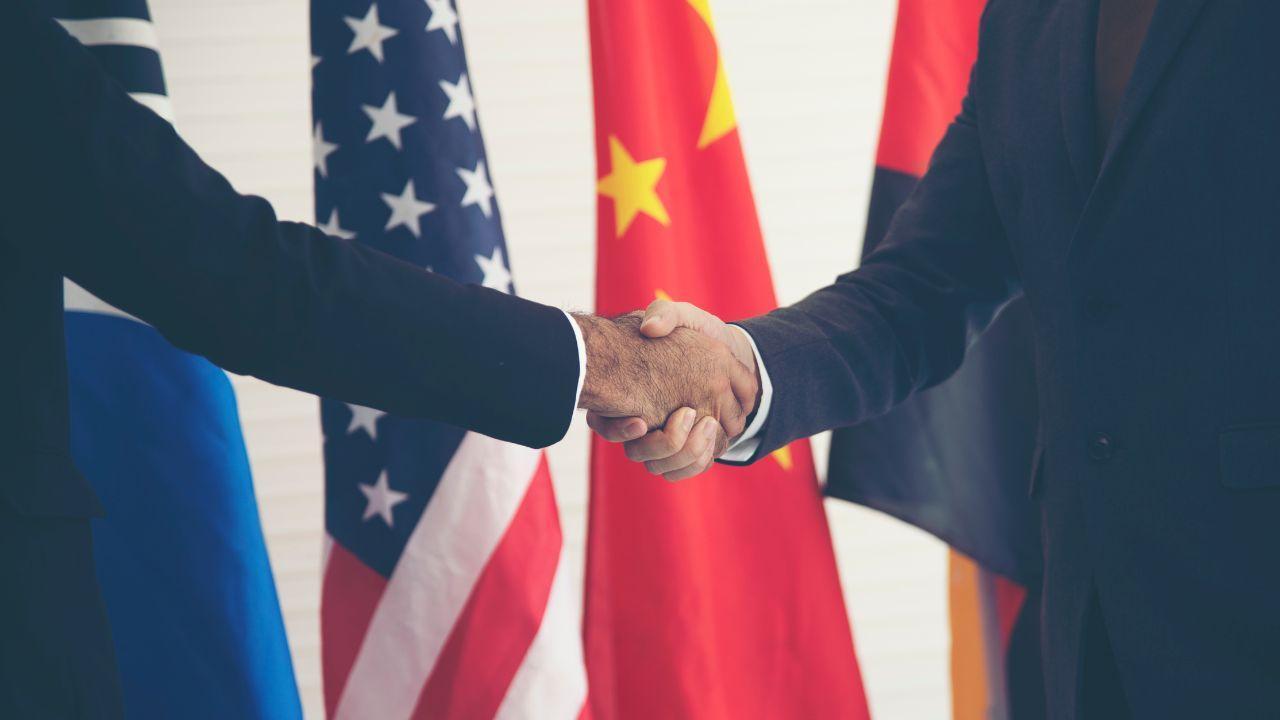
Post by : Vansh
In today’s fast-changing world, world diplomacy is facing one of its greatest challenges. From global conflicts and economic crises to rising nationalism and cyber threats, the traditional ways nations talk to each other are being tested like never before. As countries struggle to balance their own interests with international peace, many are wondering: Can dialogue still save the day?
In the past, diplomacy was the art of quiet negotiations and formal agreements. Now, it's a high-stakes game, played out on social media, in breaking news headlines, and behind closed doors. The tools have changed, the players have changed, and the stakes have never been higher.
At its core, diplomacy is about communication—finding peaceful solutions, preventing wars, and building partnerships. It's the reason we have embassies, international organizations like the United Nations, and peace treaties.
But over the past few years, the world has become increasingly polarized. Tensions between the United States and China, ongoing conflict in Ukraine, disputes in the Middle East, and challenges in the Indo-Pacific region have all placed world diplomacy at the crossroads.
In many of these cases, dialogue has broken down. Countries are choosing military displays, economic sanctions, or isolation instead of conversation. This trend raises serious concerns about the future of peaceful global relations.
Despite rising tensions, the power of diplomatic dialogue should not be underestimated. When used effectively, communication between nations can stop wars before they start, rebuild trust, and open doors to cooperation.
A perfect example is the historic Iran Nuclear Deal of 2015. Although controversial, it showed that even long-time enemies can find common ground. Similarly, peace talks between North and South Korea—although fragile—highlight the potential of words over weapons.
In 2024, diplomatic talks also helped avoid further escalation in the Taiwan Strait and made progress on climate agreements among major polluting nations. These examples prove that even in the face of hostility, dialogue can still save the day.
One of the newest tools in world diplomacy is digital engagement. Governments now use social media to send messages, express opinions, and sometimes even negotiate in public view. This shift allows more transparency, but it also comes with risks.
Twitter (now X), YouTube, and global news outlets have become diplomatic stages. Leaders speak directly to the people of other nations. For example, President Zelenskyy of Ukraine used social media to gain international support and aid. On the other hand, digital platforms can also spread misinformation or escalate tensions with just a single post.
Digital diplomacy is a double-edged sword. It creates new opportunities for connection, but it also demands responsibility, caution, and digital literacy among diplomats and world leaders.
Several major issues are making global diplomacy harder in 2025 than ever before:
Geopolitical Rivalries: Ongoing disputes like U.S.-China trade tensions and the Russia-Ukraine war make cooperation more difficult.
Misinformation and Cyber Threats: False information, cyberattacks, and hacking make trust between countries harder to build.
Climate Change: International efforts to stop global warming require diplomacy, yet many countries are slow to agree or act.
Economic Instability: Inflation, unemployment, and global trade issues often shift focus away from peace talks and toward self-interest.
All these challenges place pressure on diplomatic channels. When nations focus only on their own problems, it becomes harder to work together on solutions.
Despite these problems, a new generation of diplomats and peacebuilders is emerging. They bring fresh ideas, tech-savvy approaches, and a deeper focus on inclusion, gender equality, and human rights.
Youth leaders are participating in United Nations forums. NGOs are forming citizen diplomacy programs, and universities are teaching conflict resolution in real-world terms. These changes could help shape a more modern, flexible version of diplomacy that’s better suited to the challenges of today.
Women diplomats are also stepping into leadership roles around the world, helping bring new perspectives and negotiation styles to the table. Their contributions are reshaping diplomacy into a more compassionate, solution-oriented space.
The future of world diplomacy lies in whether countries are willing to listen, compromise, and build trust again. It’s not easy—but it’s necessary.
Peace can never be built by one nation alone. It requires partnerships, shared responsibility, and a belief in the power of dialogue. If leaders continue to turn away from talks and rely only on threats, the risks grow larger.
But if diplomacy evolves—embracing new technology, young voices, and global cooperation—it can still guide the world toward peace. History has shown us that even the toughest disputes can end with a handshake, not a headline.
This article has been prepared for informational purposes only and reflects publicly available content and expert opinions. The views expressed do not necessarily represent those of MiddleEastBulletin. Readers are advised to verify facts independently before drawing conclusions.



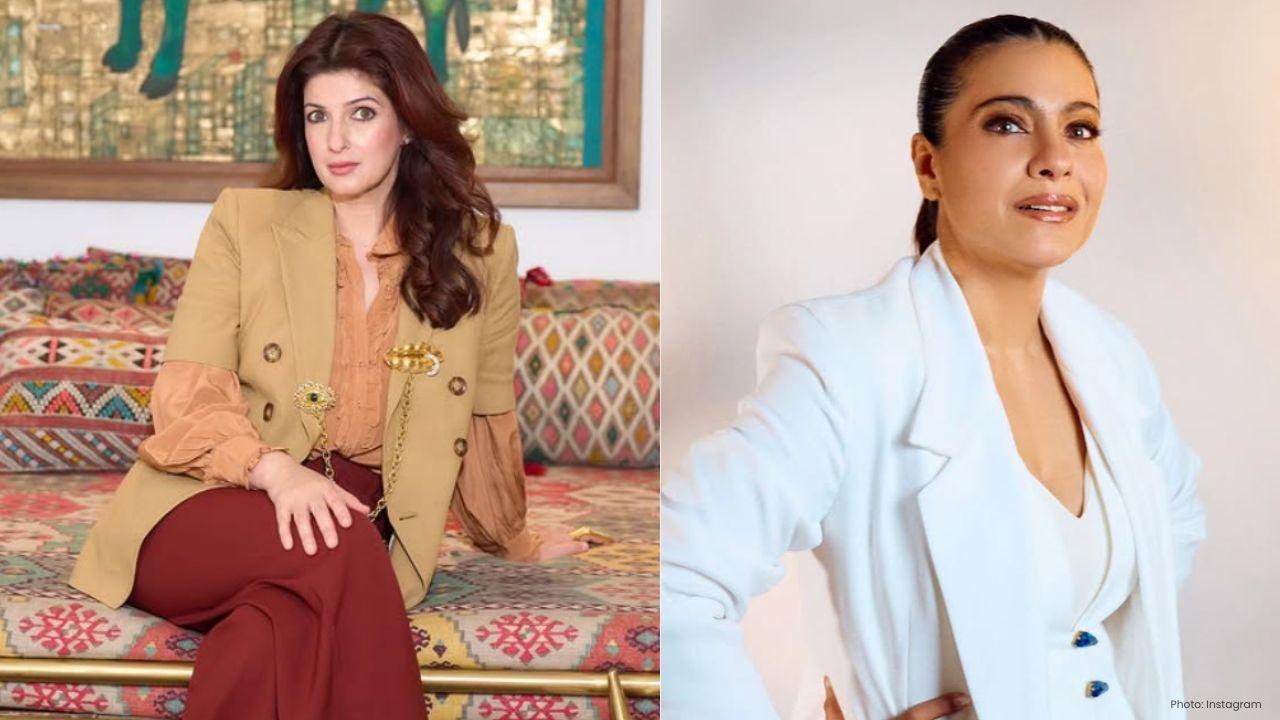

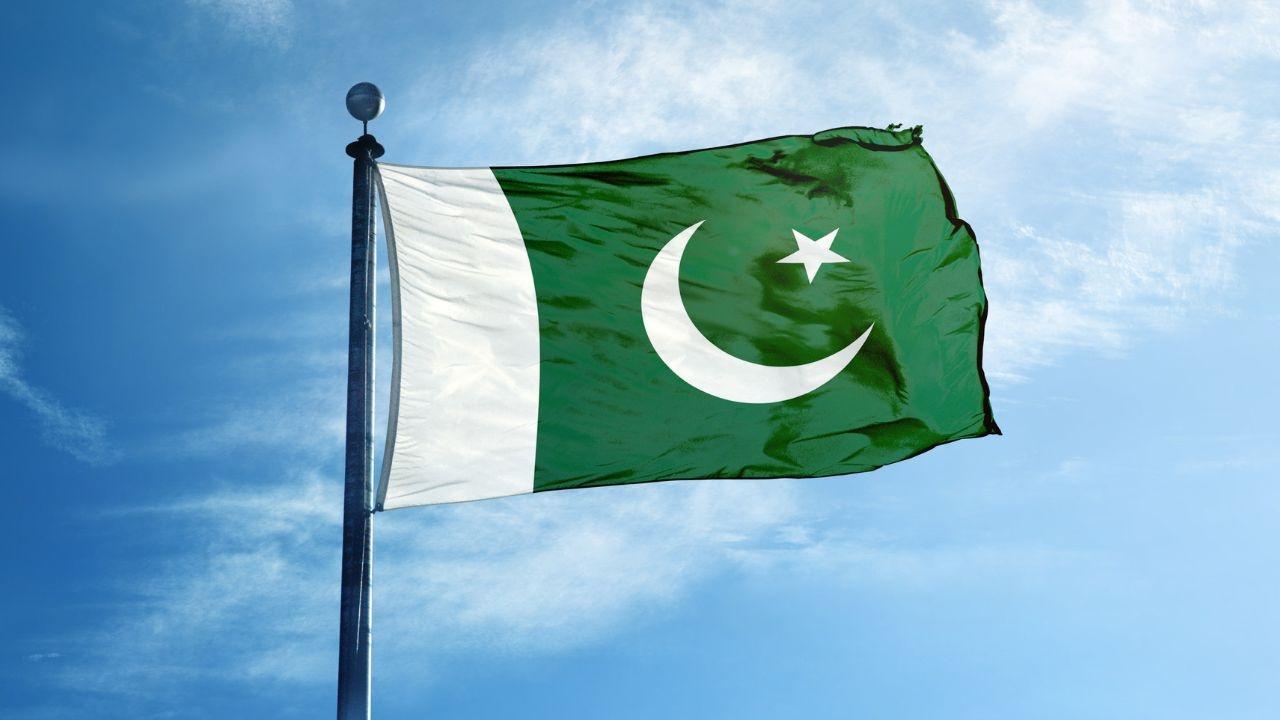

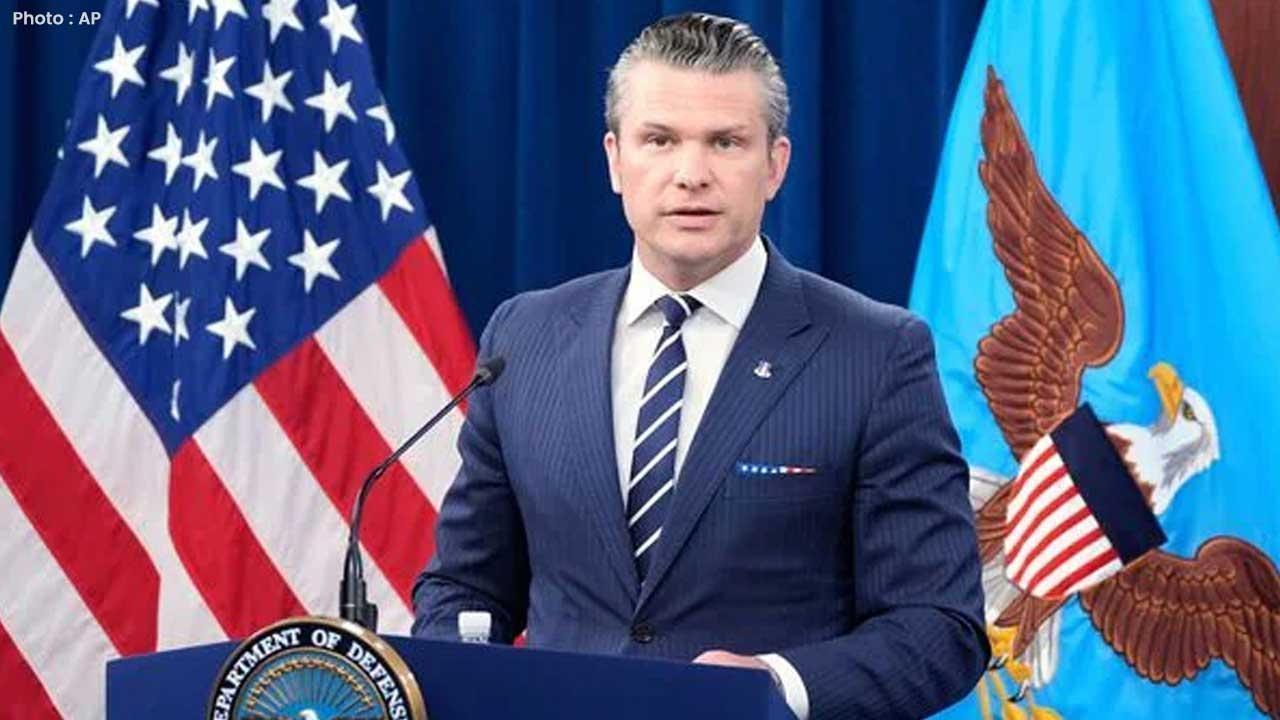


Pageau's Overtime Goal Propels Islanders to 4-3 Victory Over Golden Knights
In a thrilling overtime finish, Jean-Gabriel Pageau leads the Islanders past the Golden Knights 4-3,

MLB Awards: deGrom and Acuna Jr. Shine as Comeback Players
Jacob deGrom and Ronald Acuna Jr. celebrated MLB Comeback Player Awards, alongside Ohtani and Judge
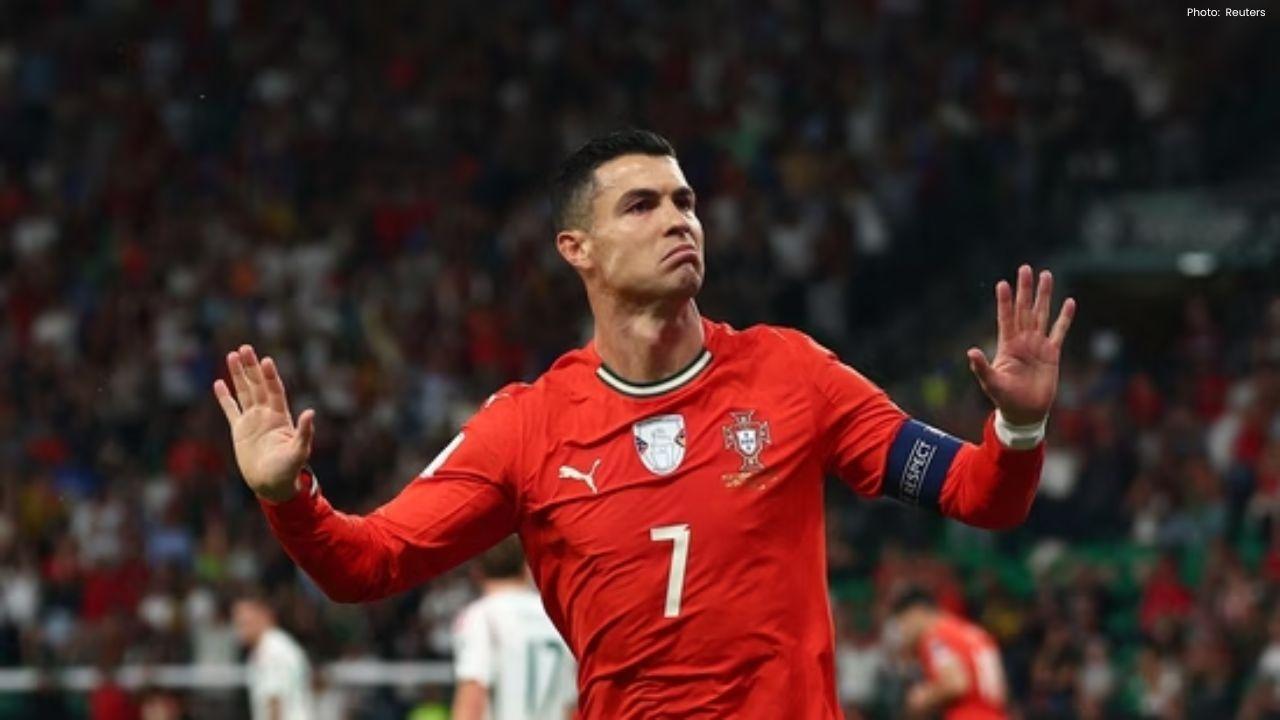
Portugal Confronts Ireland in Pivotal World Cup Qualifier
Portugal, led by Cristiano Ronaldo, faces Ireland in a vital Group F World Cup qualifier that could

Haaland's Brilliance Leads Norway to 4-1 Victory Against Estonia
Erling Haaland showcases leadership as Norway crushes Estonia 4-1, boosting their World Cup ambition
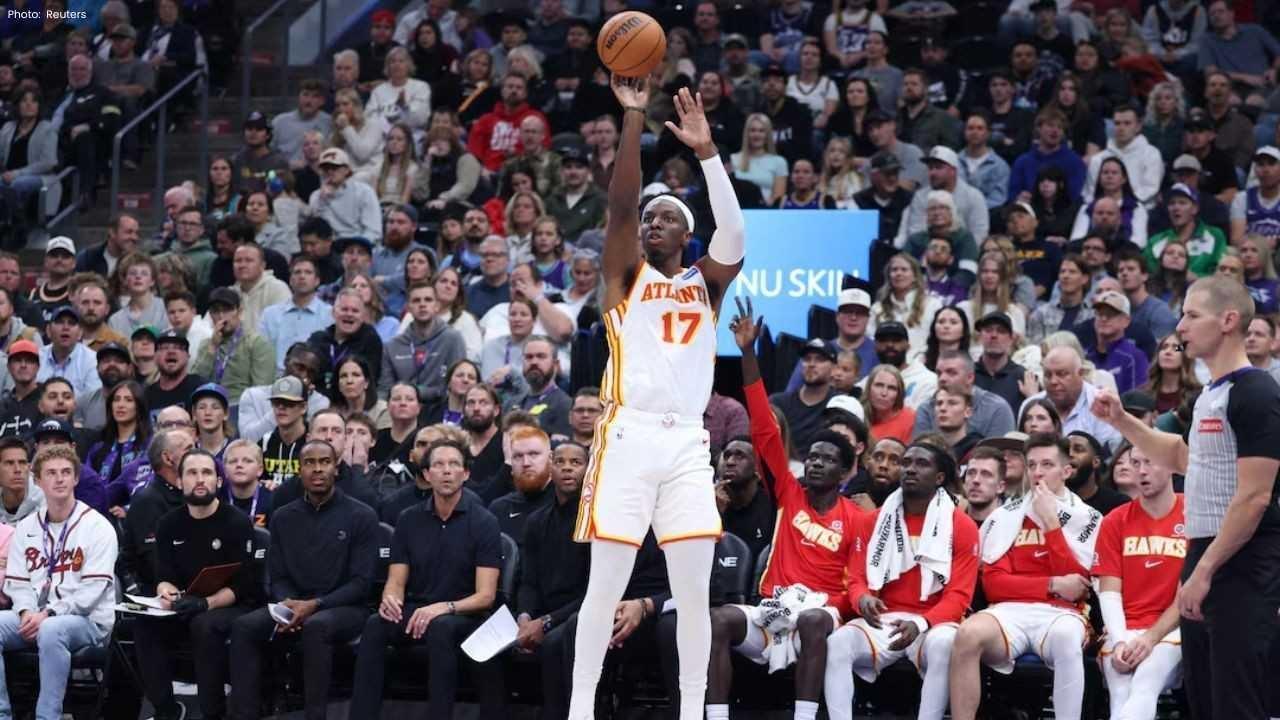
Hawks Triumph Over Jazz; Suns and Raptors Secure Victories
Hawks' Onyeka Okongwu and Jalen Johnson lead in a thrilling win against Jazz; Suns and Raptors also

Indian Men's Recurve Team Clinches First Asian Gold in Nearly Two Decades
The Indian men's recurve team triumphed over South Korea, securing their first Asian gold in 18 year